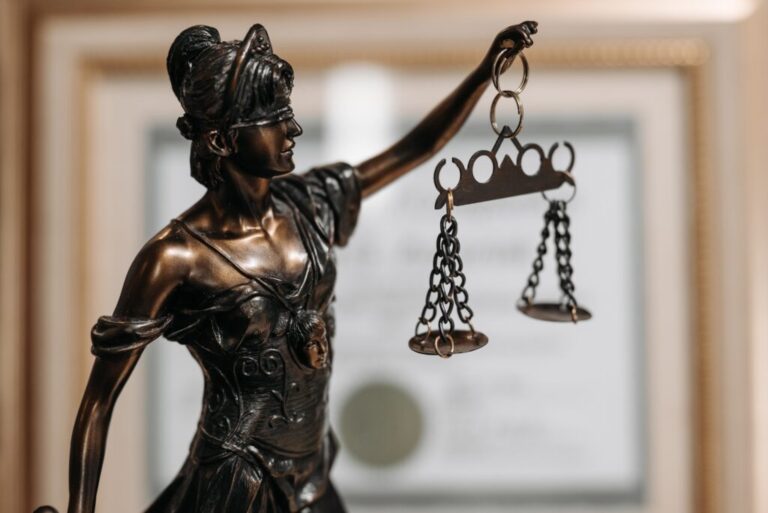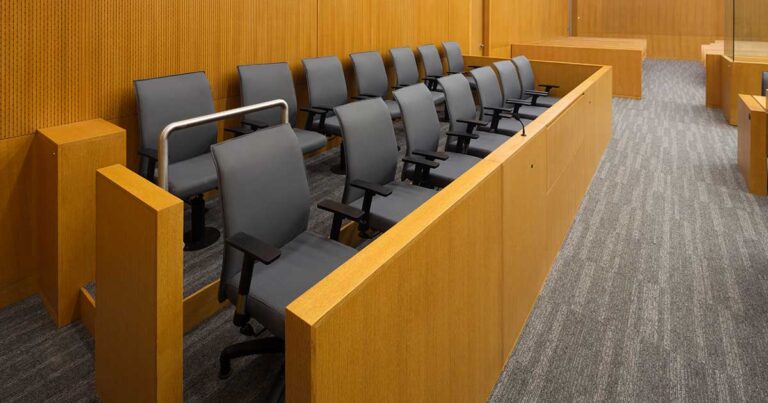Nouveau procès pour un massothérapeute forcé à plaider coupable d’agression sexuelle
Mohabir c. R., 2021 QCCA 1806
[7] After a preliminary inquiry, Appellant was ordered to stand trial on two counts of sexual assault committed by touching the genitalia of two female customers while performing body massages in the exercise of his occupation as a massage therapist.
[8] On the Friday before the two-day trial scheduled to commence on Monday, January 29, 2018, Appellant’s lawyer (apparently his third since the charges were laid) finally received a legal aid mandate and suggested to Appellant that he plead guilty. He disagreed with that suggestion. Appellant states that there was no discussion of the substance of the case per se at that time and that the attorney had previously been unwilling to have such a discussion, since her legal aid mandate had not been approved.
[9] On Monday morning, to Appellant’s surprise, his attorney presented a motion to withdraw from the record because of a “strong breach of confidence and trust” between her and Appellant. The judge granted the motion, informed Appellant that the trial would commence the next morning and allowed him the rest of the day to prepare for trial and/or find a lawyer to represent him. Appellant stated to the judge that this did not provide him with “a chance to have a full defence” and that he did not even have a copy of his file. The judge replied that the situation was his own doing and dismissed him until the next morning.
[11] The next morning, faced with representing himself and feeling unable to cross-examine witnesses, he pleaded guilty. He states that not only did he feel pressured to do this, but he thought that it would give him time to engage an attorney for the sentencing process. However, the sentence was imposed immediately, and contrary to the understanding he formed from comments made at the preliminary inquiry that he would receive a sentence of community work, he was incarcerated for a term of 16 months.
[18] It is somewhat surprising that the judge would allow counsel to cease representing on the morning of the trial without granting a postponement to Appellant in order to allow him to engage a new lawyer. The judge seems to have assumed that Appellant was somehow at fault or in the wrong for his lawyer’s last-minute withdrawal and for the fact that this was the third defence attorney in the file. The lawyer mentioned certain difficulties in contacting Appellant in the weeks or months preceding the trial, but there is no explanation per se as to why she only succeeded in so doing immediately prior to the trial. Nor is the last-minute withdrawal from the file adequately explained. Though the judge’s failure to postpone is not raised as an independent ground of appeal, in this case it is nonetheless an element affecting the equity of the process in a material way.
[19] The plea appears to have been uninformed. Not only was Appellant not represented when he pleaded guilty, but from the affidavit we learn that he never discussed the consequences of a guilty plea with counsel while he was represented.
[20] To constitute a valid guilty plea, the plea must be voluntary and unequivocal. The plea must also be informed. In other words, the accused must be aware of the nature of the allegations made against him, the effect of his plea, and the consequence of his plea. Even if the requirements for validity are met, a guilty plea may be withdrawn if the accused’s constitutional rights were infringed.
[23] In the case at bar, the withdrawal of counsel and the refusal by the judge to postpone the trial pressured the accused to plead guilty in a situation in which he is not shown to have been responsible for counsel’s last-minute withdrawal. He was so pressured by the situation into which he was placed, that he pleaded guilty against his will and in ignorance of the immediate consequences. Any explanation by the judge was rudimentary if not perfunctory. At the very least, one would have thought that an explanation, in simple terms, that a guilty plea would mean jail time was required. Moreover, no delay to prepare submissions on sentence was offered.
[24] Consequently, we have no hesitation in concluding that Appellant did not benefit from the fair and equitable proceeding to which he was entitled, irrespective of the prospect of a different ultimate outcome. Such miscarriage of justice requires that the Court authorize the withdrawal of the guilty plea and order a new trial.
***
**Rejoignez le groupe privé Facebook (Le coin du criminaliste) afin d’être informé des plus récentes décisions d’intérêt favorables à la défense rendues au Québec, mais également au Canada !








 Aimeriez-vous être informé gratuitement des décisions prononcées par la Cour suprême du Canada en matière criminelle ainsi que des décisions d’intérêt pour l’avocat(e)-criminaliste rendues par la Cour d’appel du Québec?
Aimeriez-vous être informé gratuitement des décisions prononcées par la Cour suprême du Canada en matière criminelle ainsi que des décisions d’intérêt pour l’avocat(e)-criminaliste rendues par la Cour d’appel du Québec?